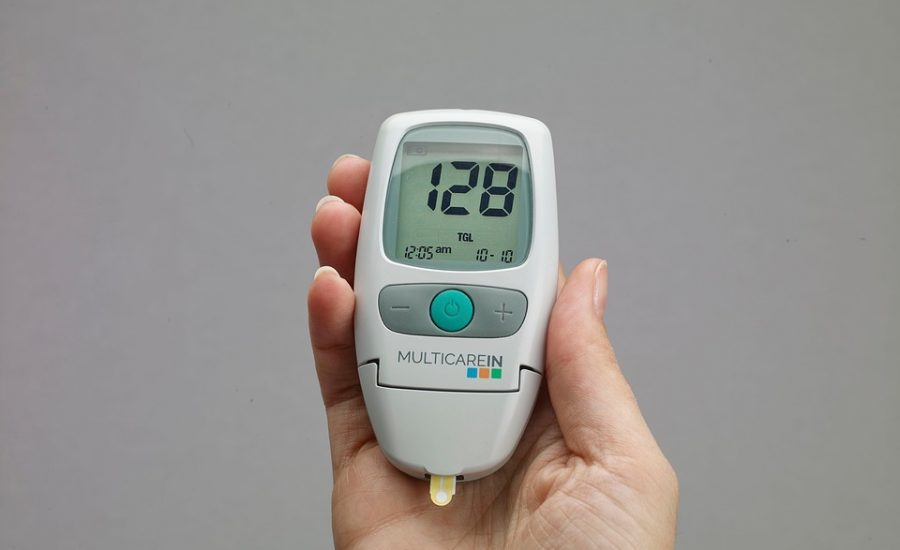Maintaining healthy blood sugar levels is crucial for overall well-being, particularly for those with diabetes or at risk. Blood sugar control can significantly impact energy levels, mood, and long-term health. In this guide, we’ll delve into effective strategies and everyday tips for managing blood sugar levels effectively.
Understanding Blood Sugar
What is Blood Sugar?
Blood sugar, or blood glucose, is the amount of glucose present in your bloodstream. It serves as a primary energy source for your body. However, maintaining balanced blood sugar levels is key to avoiding chronic health issues.
Why is Blood Sugar Control Important?
- Prevents Diabetes: Stable blood sugar levels can help prevent the onset of type 2 diabetes.
- Reduces Complications: For those with diabetes, effective control can reduce the risk of complications such as neuropathy, kidney disease, and cardiovascular issues.
- Boosts Energy: Balanced blood sugar contributes to sustained energy levels, stabilizing mood and productivity.
Daily Strategies for Blood Sugar Control
Diet and Nutrition
1. Choose Complex Carbohydrates
Opt for whole grains like brown rice, quinoa, and oats instead of refined carbs. Complex carbohydrates digests slower, preventing spikes in blood sugar levels.
2. Incorporate Healthy Fats
Include sources of healthy fats like:
- Avocados
- Nuts and seeds
- Olive oil
These fats can slow down glucose absorption and enhance satiety.
3. Prioritize Fiber-Rich Foods
Foods high in fiber help slow down digestion, leading to a slower release of glucose into the bloodstream. Aim to include:
- Fruits (berries, apples)
- Vegetables (broccoli, carrots)
- Legumes (beans, lentils)
Mindful Eating
4. Pay Attention to Portion Sizes
Using smaller plates can help you manage portion sizes effectively. Be aware of recommended serving sizes to avoid overeating.
5. Chew Slowly and Enjoy Your Food
Mindful eating aids digestion and can improve your relationship with food. Take your time to enjoy meals, which can ultimately prevent overeating.
Regular Meal Timing
6. Don’t Skip Meals
Skipping meals can lead to unstable blood sugar levels. Aim for three balanced meals a day, along with healthy snacks if necessary.
7. Consider Timing Carbohydrate Intake
Spacing out your carbohydrate intake throughout the day may help maintain stable blood sugar levels. Combine carbs with proteins or healthy fats for added stability.
Physical Activity
8. Stay Active
Regular physical activity plays a vital role in blood sugar control. Aim for at least 150 minutes of moderate exercise per week. Activities can include:
- Walking
- Cycling
- Swimming
- Strength training
Benefits of Exercise for Blood Sugar Control
- Improves insulin sensitivity
- Helps in weight management
- Reduces stress levels
9. Incorporate Short Bursts of Activity
If you have a busy schedule, even short bouts of activity—5 to 10 minutes of brisk walking—can be beneficial.
Monitor Blood Sugar Levels
10. Regular Check-Ups
Regularly checking your blood sugar levels can help you understand what affects them. Keep a log of your readings to identify patterns related to food, exercise, and stress.
11. Use a Continuous Glucose Monitor (CGM)
A CGM provides real-time data on blood sugar levels, allowing you to see how your body responds to various factors. This can help you make informed decisions.
Stress Management
12. Practice Relaxation Techniques
Stress can negatively affect blood sugar levels. Techniques such as:
- Meditation
- Deep breathing exercises
- Yoga
can help alleviate stress and improve overall health.
13. Get Enough Sleep
Quality sleep is essential for hormonal balance and effective blood sugar control. Aim for 7-9 hours per night, creating a sleep routine to improve your quality of rest.
Conclusion
Controlling blood sugar levels involves a combination of healthy eating, regular physical activity, and mindful habits. By incorporating these strategies into your daily life, you can better manage your blood sugar levels and enhance your overall health.
Remember that individual needs vary, so consult a healthcare professional for personalized advice. Taking proactive steps today can pave the way for a healthier tomorrow—your future self will thank you!
By following this guide, you’ll not only empower yourself but also inspire others around you. Share your journey and thoughts on blood sugar control with family and friends—after all, every step forward counts!
For further resources and support, consider joining local or online diabetes management groups where you can connect with like-minded individuals on similar journeys.








 Weight Loss, Unlocked.
Weight Loss, Unlocked.